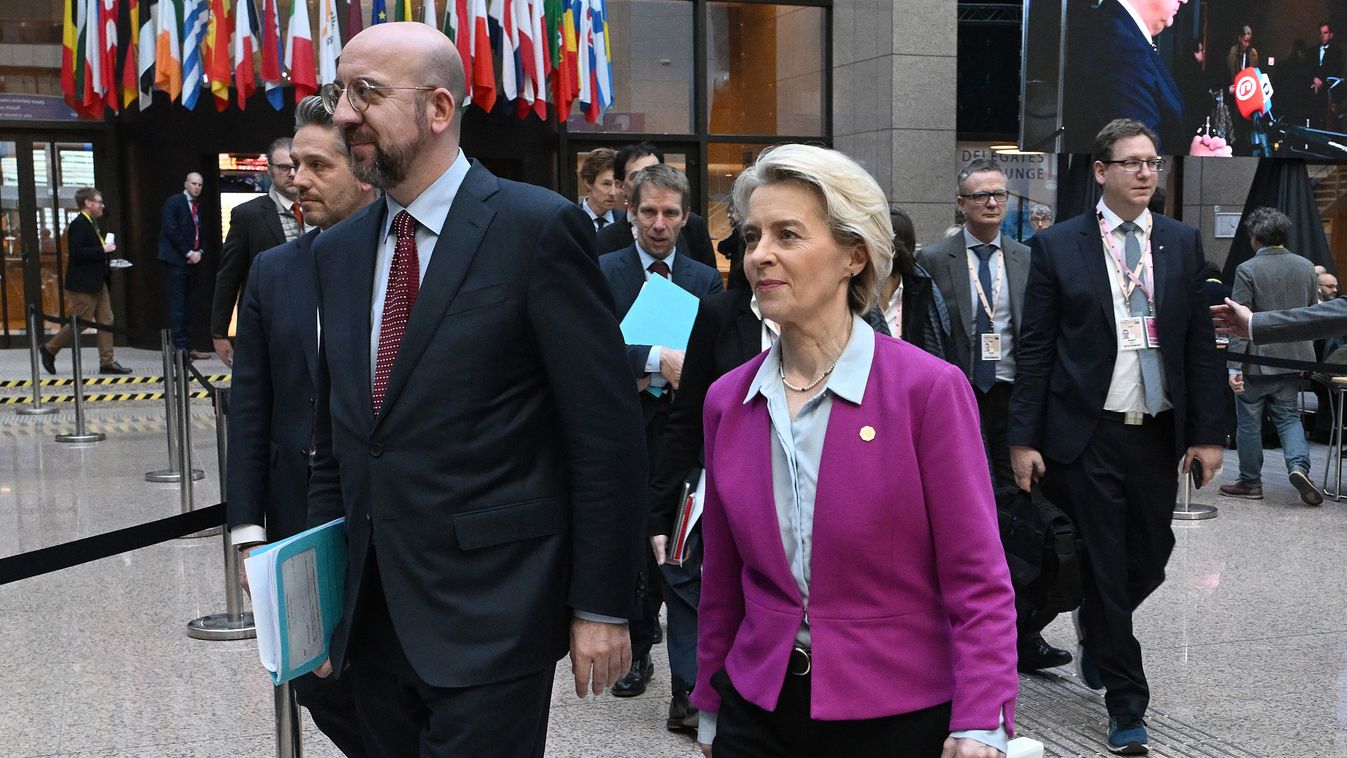If European Union countries agree to add the four companies to the dual-use sanctions list, European companies will be prohibited from doing business with them.
Who else is on the list?
The list also includes one company from Kazakhstan, one from Thailand, one from Turkey, one from Sri Lanka, one from India and one from Serbia, in addition to 11 other companies from Russia, for a total of 21 new entries. To prevent Moscow's military economy from producing drones, tanks and guided missiles, the European Union and its G7 allies banned their companies from exporting dual-use products such as microelectronics or even ball bearings.
But soon intermediaries appeared in other countries, such as the United Arab Emirates, Serbia, Kazakhstan and China, and sold suspiciously large quantities of these European products to Russia.
Research by the Sanctions Group of the KSE Institute, a think tank affiliated with the Kyiv School of Economics, found that Chinese and Hong Kong companies are now the most important intermediaries in shipments of “battlefield technology” subject to Western sanctions. However, the list of original manufacturers was topped by American companies.
However, the EU has so far refrained from directly singling out China. Although under the new proposal the EU would only impose sanctions on companies that actively undermine sanctions, this would be the first time the EU has openly targeted companies. Operating in China – on the condition that 27 European Union governments will accept the new sanctions package this week.












































